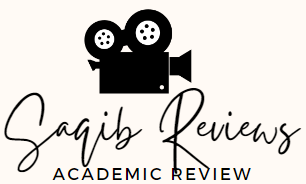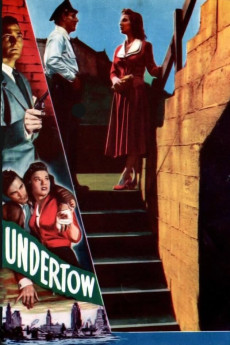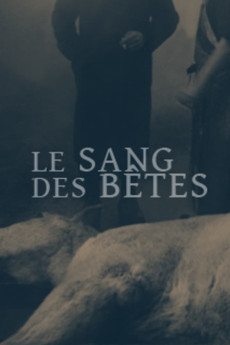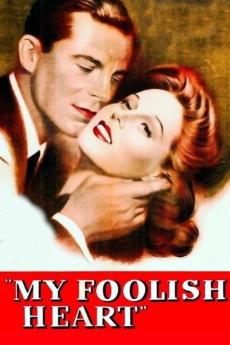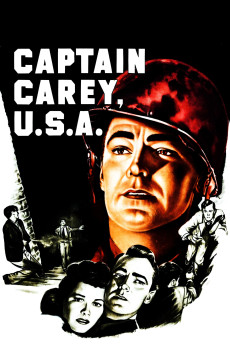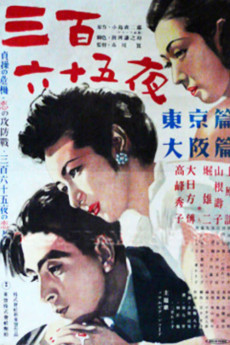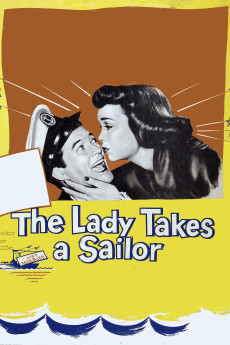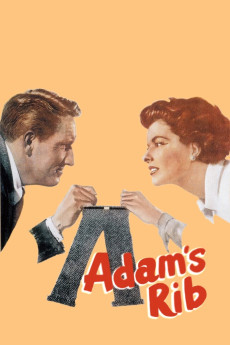Undertow (1949) Academic and Psychological Review
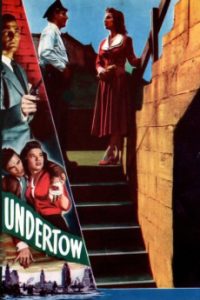
Academic and Psychological Review of ‘Undertow’ (1949)
Title Section
Title of the Movie: Undertow
Director: William Castle
Release Year: 1949
Genre: Crime, Drama, Film-Noir, Thriller
Main Cast:
- Scott Brady as Tony Reagan
- John Russell as Detective Chuck Reckling
- Dorothy Hart as Ann McKnight
- Peggy Dow as Sally Lee
Synopsis
‘Undertow’ follows the story of Tony Reagan, a former gambler who returns to his hometown of Chicago with plans to marry his fiancée. However, Tony’s life takes a dark turn when he becomes entangled in a web of crime and deceit, leading to his wrongful accusation of murder. As Tony struggles to clear his name, he uncovers hidden secrets and confronts dangerous adversaries, all while trying to protect those he loves.
Cinematography
The cinematography in ‘Undertow’ is a quintessential example of film-noir aesthetics. Directed by William Castle and with the keen eye of cinematographer Irving Glassberg, the film employs high-contrast lighting, stark shadows, and strategic framing to create an atmosphere of suspense and tension. Notable scenes include the dark alley chases and the climactic confrontation in a foggy, desolate warehouse, where the use of lighting and camera angles heightens the sense of danger and uncertainty.
Themes
‘Undertow’ explores several key themes, including the corrupting influence of power and money, the quest for redemption, and the impact of past sins on present lives. The film delves into the complexities of trust and betrayal, particularly within the context of familial and romantic relationships. Through Tony’s journey, ‘Undertow’ also addresses the theme of identity, as he grapples with his past and seeks to redefine his future amidst the turmoil.
Narrative Structure
The narrative structure of ‘Undertow’ is linear but densely packed with twists and turns that keep the audience engaged. The film’s pace is brisk, with each scene driving the plot forward through a combination of action, dialogue, and revelation. Flashbacks are used sparingly but effectively to provide context and deepen the audience’s understanding of Tony’s motivations and history. This approach ensures that the suspense is maintained throughout the film, culminating in a satisfying resolution.
Acting
The performances in ‘Undertow’ are strong, with Scott Brady delivering a compelling portrayal of Tony Reagan. Brady’s nuanced performance captures Tony’s vulnerability and determination, making him a sympathetic protagonist. John Russell’s portrayal of Detective Chuck Reckling adds depth to the film, as his character oscillates between suspicion and empathy towards Tony. Dorothy Hart and Peggy Dow also contribute significantly, with Hart’s portrayal of Ann McKnight providing a complex, layered depiction of a woman caught in the crossfire of Tony’s tumultuous life.
Psychological Review
Psychological Concepts Explored
‘Undertow’ explores various psychological concepts, including the nature of guilt, the search for identity, and the impact of trauma. The film delves into Tony’s psychological state, highlighting his internal struggles and the influence of his past experiences on his current actions.
Subconscious Mind
The film delves into the subconscious mind by portraying Tony’s recurring nightmares and flashbacks, which serve as manifestations of his unresolved guilt and fear. These elements underscore the psychological impact of his past and the subconscious motivations driving his quest for redemption.
Memory and Guilt
Memory and guilt are central themes in ‘Undertow.’ Tony’s character is haunted by his past decisions, and this internal conflict is portrayed through his interactions and decisions throughout the film. For instance, Tony’s reluctance to fully trust others and his constant state of vigilance reflect his deep-seated guilt and mistrust.
Reality Testing
‘Undertow’ effectively explores the concept of reality testing through Tony’s efforts to distinguish between truth and deception. His interactions with various characters, including law enforcement and old acquaintances, are marked by a continuous effort to navigate a web of lies and uncover the truth.
Group Dynamics and Trust
The film highlights the complexities of group dynamics and trust, particularly in the relationships between Tony, his friends, and his foes. The interplay of loyalty and betrayal is a recurring theme, as Tony struggles to determine whom he can trust in his fight for justice.
Identity and Self-Perception
‘Undertow’ delves into the theme of identity and self-perception, as Tony grapples with his sense of self amidst the chaos. His journey is one of self-discovery, as he seeks to reconcile his past actions with his desire for a better future. The film’s portrayal of this struggle is both poignant and relatable.
Risk and Reward
The psychological aspects of risk-taking and the pursuit of rewards are prominent in ‘Undertow.’ Tony’s decisions are often driven by a complex calculus of risks and potential gains, reflecting the high stakes of his situation. This theme is underscored by his relentless pursuit of justice, despite the personal dangers involved.
Impact on the Viewer
The psychological intensity of ‘Undertow’ elicits strong emotional responses from viewers. The film’s exploration of guilt, identity, and trust resonates deeply, provoking introspection and empathy. The suspenseful narrative and complex characters engage the audience on both an intellectual and emotional level.
Historical Analysis
‘Undertow’ provides a glimpse into the post-World War II era, capturing the societal and cultural tensions of the time. The film’s portrayal of crime and corruption reflects the anxieties of a society grappling with rapid change and the lingering effects of the war. This historical context adds depth to the film’s narrative and themes.
Cultural Studies
The film’s cultural themes are explored through its depiction of urban life, gender roles, and familial relationships. ‘Undertow’ reflects the cultural dynamics of the late 1940s, highlighting the challenges and expectations faced by individuals within this societal framework. The film’s portrayal of these cultural elements adds richness to its story and characters.
Film Theory
From a film theory perspective, ‘Undertow’ can be analyzed through various lenses, including auteur theory, genre theory, and psychoanalytic theory. William Castle’s directorial style, the film’s adherence to and deviations from film-noir conventions, and its exploration of psychological themes all provide fertile ground for theoretical analysis.
Critics’ Reviews
‘Undertow’ received mixed reviews upon its release, with critics praising its suspenseful plot and strong performances, while some criticized its adherence to genre tropes. Over time, the film has gained recognition as a solid example of film-noir, appreciated for its craftsmanship and thematic depth. Contemporary critics continue to explore its significance within the genre and its impact on subsequent films.
Genre-Specific Reviews
As a film-noir, ‘Undertow’ is noted for its atmospheric tension, moral ambiguity, and complex characters. Genre-specific reviews highlight its effective use of noir conventions, such as the flawed protagonist, femme fatale, and the dark, urban setting. The film’s contribution to the crime drama and thriller genres is also acknowledged, with particular emphasis on its narrative and stylistic elements.
Festival Reviews
While ‘Undertow’ was not prominently featured in film festivals upon its release, its legacy has been celebrated in retrospectives and noir-themed festivals in later years. These festival reviews often focus on the film’s historical context, its place within the noir canon, and its enduring appeal to contemporary audiences.
Complete Cast
- Scott Brady as Tony Reagan
- John Russell as Detective Chuck Reckling
- Dorothy Hart as Ann McKnight
- Peggy Dow as Sally Lee
- Bruce Bennett as Detective Joe Duncan
- Gregg Martell as Big Jim
- Robert Anderson as Nick Moreno
- Janelle Johnson as Miss Colby
Download Subtitles
Download the subtitles for ‘Undertow (1949)’ from the following link:
